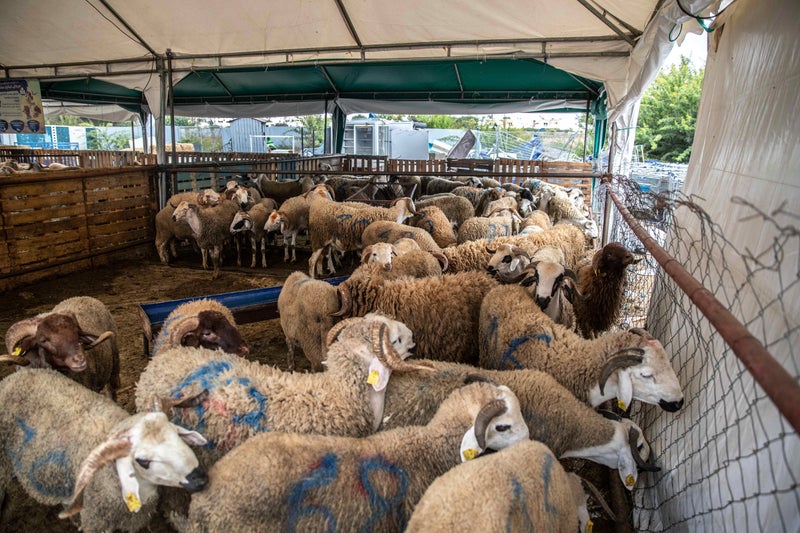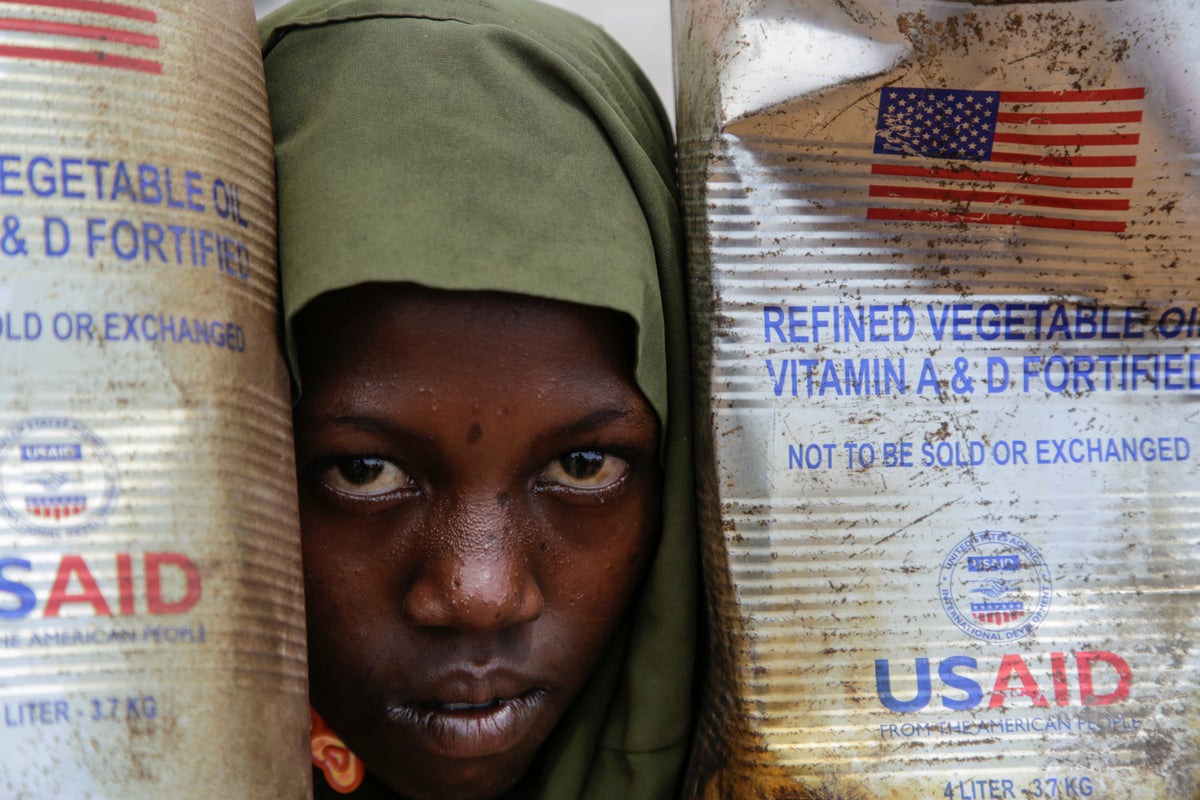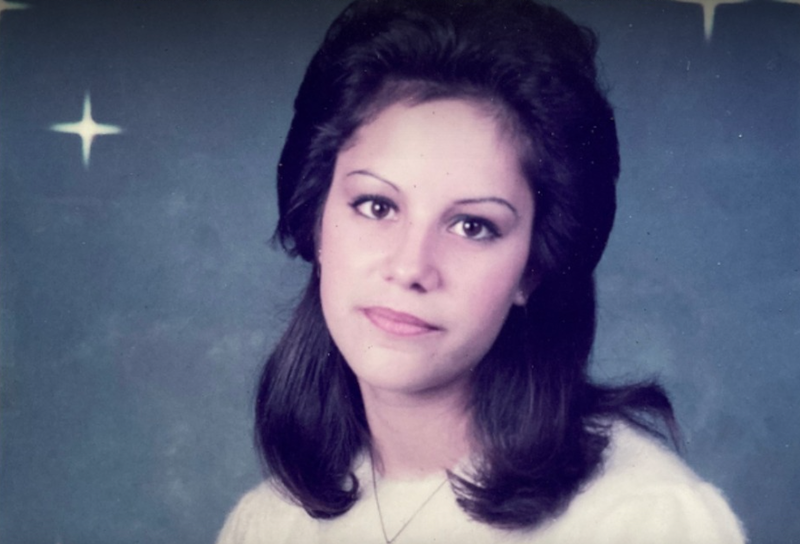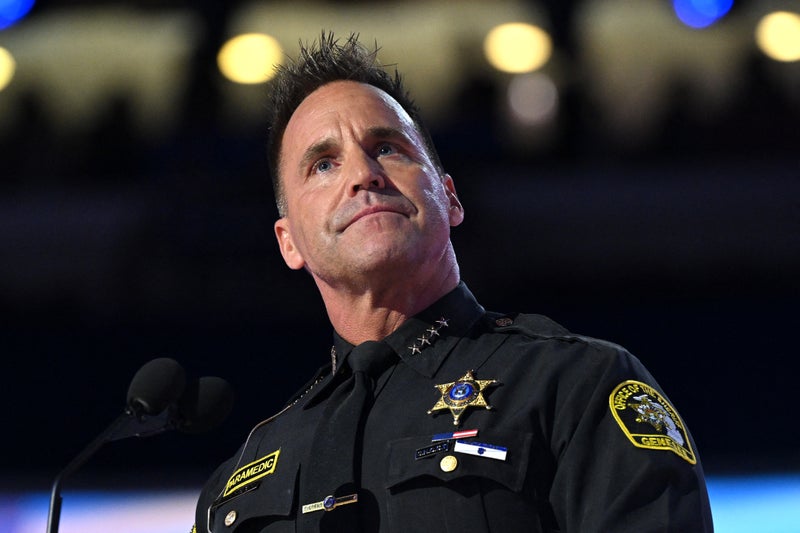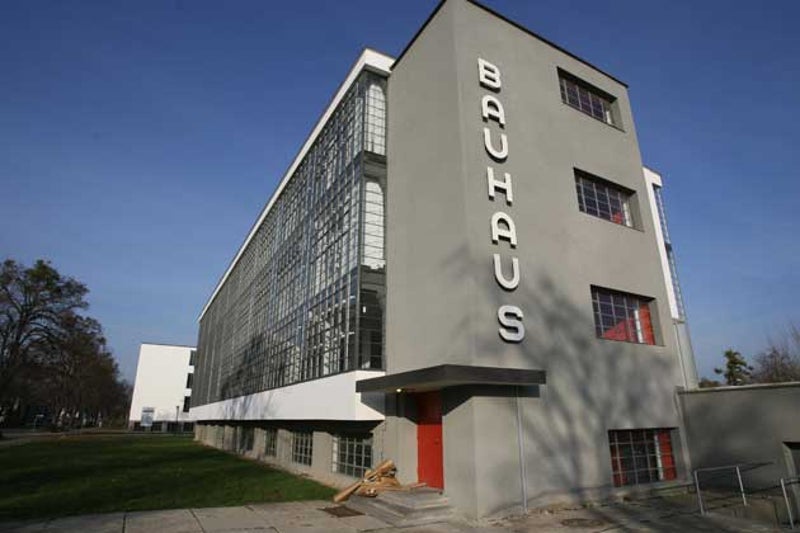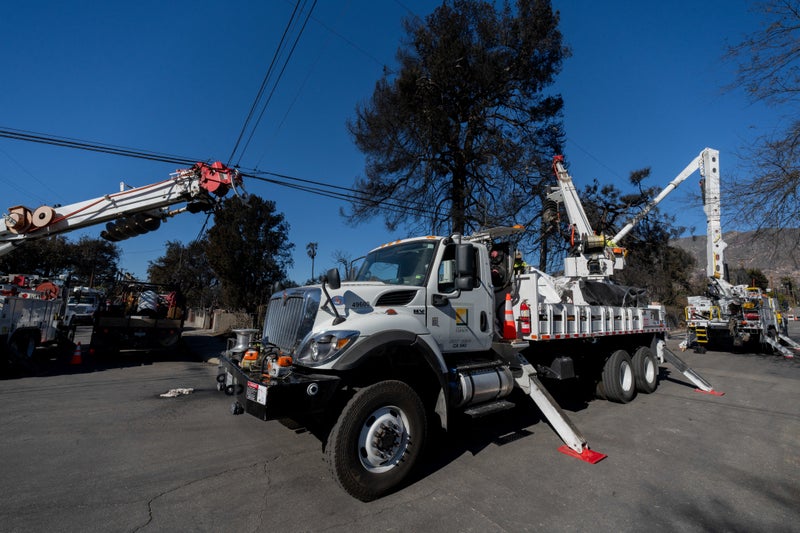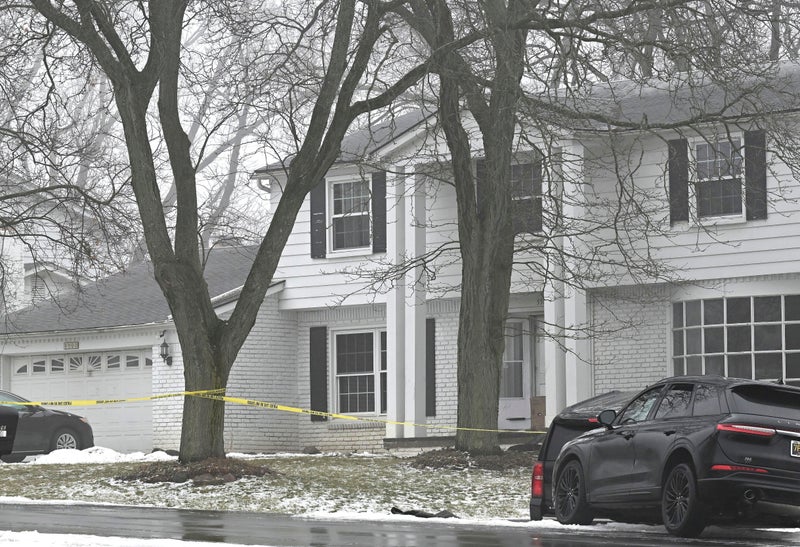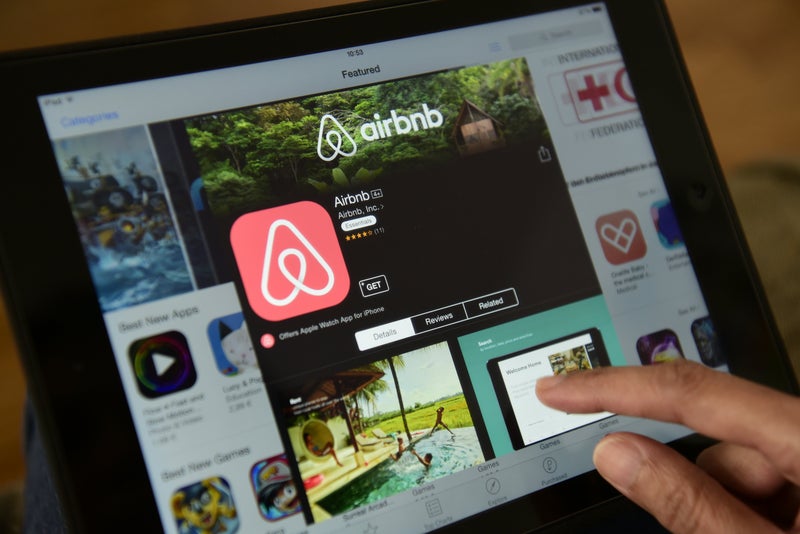Morocco's agricultural minister told reporters earlier this month that rainfall this season was currently 53 per cent below the last 30 years' annual average and sheep and cattle herds had shrunk 38 per cent since 2016, the last time Morocco conducted a livestock census.
It's the first time in 29 years that Morocco has asked citizens to forego holiday feasting and reflects that food prices remain a struggle for many despite Morocco's transformation from a largely agrarian nation to a mixed economy whose cities have some of the Middle East and Africa's most modern infrastructure.
The prices have become so exorbitant that 55 per cent of families surveyed by the Moroccan NGO Moroccan Center for Citizenship last year said they struggled to cover the costs of purchasing sheep and the utensils needed to prepare them.
Eid al-Adha, which takes place this year in early June, is an annual “feast of sacrifice” in which Muslims slaughter livestock to honor a passage of the Quran in which the prophet Ibrahim prepared to sacrifice his son as an act of obedience to God, who intervened and replaced the child with a sheep.
In an unprecedented move, King Mohammed VI of Morocco has urged citizens to forgo the traditional purchase of sheep for sacrifice during the upcoming Eid Al-Adha holiday.

